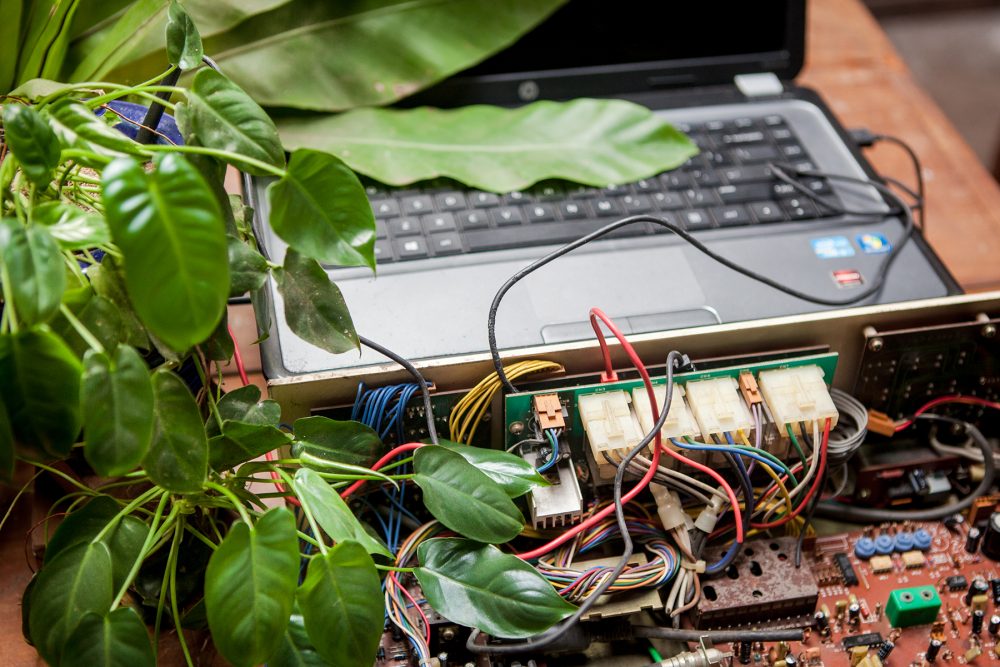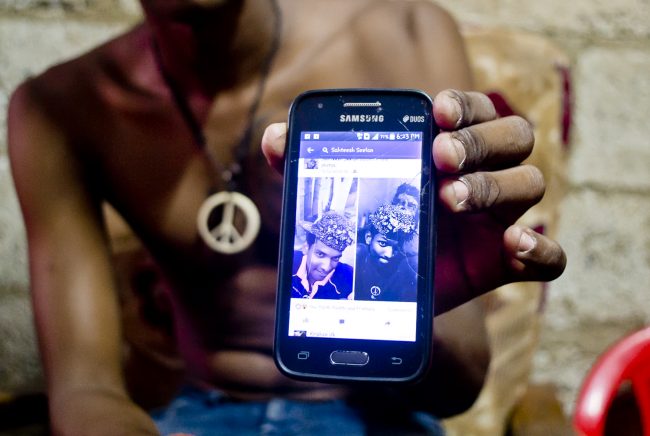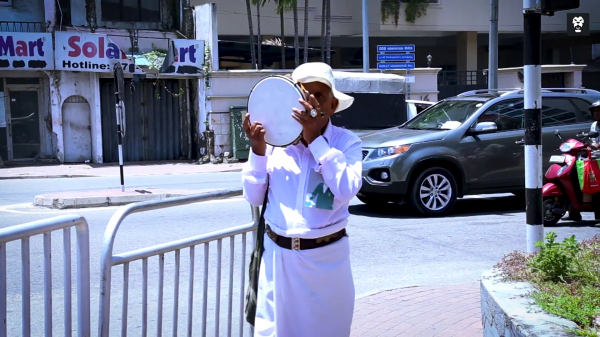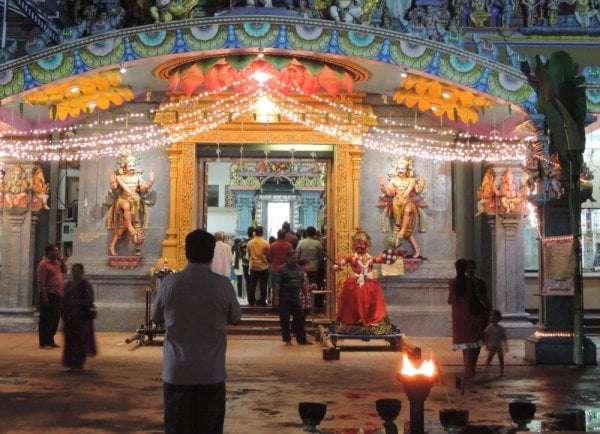
Digitisation has permeated all areas of our lives. It exists in our homes, our pockets, our bodies, and our minds. We have learned to adapt to ‘atmospheric’ digital systems that control our environments, predict our desires and actions, and subsist on our data bodies.
Over the last couple of years, Sri Lanka has been a ‘testing ground’ for new technologies and services such as Project Loon and Aquilar Solar by Google and Facebook, respectively. Sri Lanka, as well as the rest of South Asia, is currently experiencing a shift towards digital technology; from its use in people’s personal lives to the boom in tech and IT businesses to the digitisation of systems and processes by governments.
However, some of the questions that arise from this digital shift are; how is the increasing technologization impacting society and culture? And how are we dealing with its side effects?
Investigating The Impact Of Digitisation Through Art

Asvajit Boyle and Lalindra Amarasekara, (De)Generative Processes II, 2016, impression of audiovisual performance.
Colomboscope, the annual multidisciplinary arts festival that takes place in Colombo, returns for its fourth edition this week and sets out to investigate these questions while exploring how contemporary art, and artists, are responding to their digital cultures and politics. The festival this year is titled Testing Grounds: Art and Digital Cultures in South Asia and Europe and will focus on contemporary art that reflects digital cultures in South Asia and Europe.
Testing Grounds is curated by Dr. Susanne Jaschko, a renowned international expert in new media art, who was inspired by how Sri Lanka’s IT businesses are catching up with its Western counterparts, and how the Government is embracing new technology. The programme this year is extensive; spanning eight days in which over 50 Sri Lankan and international artists and speakers will contribute to the festival’s exhibition, film screenings, audio-visual performances, workshops, artists’ and thematic conversations, and an online exhibition that can be accessed from anywhere.

Susanne Jaschko, Curator, Cinnamon Colomboscope 2016.
Since its inception, Colomboscope has had a reputation for tackling the developments in post-war Sri Lanka, as well as its past, through contemporary art. This year’s festival keeps in line with this trademark, by exploring the country’s current adaptation of digital technologies, which plays an important role in its efforts to recover from a violent past and reconfigure its future.
The festival kicks off on August 25 and continues till September 1. The former General Post Office (GPO) will serve as the festival’s hub, with the exception of two performances and one workshop that will take place at different venues. The GPO is an iconic Edwardian building that was erected in 1895 but closed off to the public for over 20 years – till now.
Colomboscope uses art to draw audiences to venues that are not conventional exhibition or performance spaces, as well as to different, unexplored areas of the city of Colombo. The choice to host this year’s festival at the GPO will allow a new generation of people to see a building that stands as a symbol of Sri Lanka’s history of communication technology.
Supporting Local Artists Experimenting With Electronic And Media Art

Aamina Nizar and Megara Tegal, The Colombo Project, 2016, impression of installation
Working with electronic and digital media is also still a largely uncharted field for artists living and working in Sri Lanka. This year, Colomboscope has commissioned 17 artists working across various mediums – fine art, photography, creative writing, and music, to name a few – to produce artworks that make use of new technologies and raise awareness of the ways in which digital technologies are shaping the perception and conception of the world. In this way, Testing Grounds shapes the ground for an art practice that is slowly emerging in Sri Lanka by encouraging to local artists to experiment with non-traditional mediums to express their perspectives on technology, which has become integral to us, and presents itself in almost all aspects of our lives.
Festivals such as Colomboscope are important, not only because they allow for the enjoyment and appreciation of art, but also because they raise questions on the current world we live in, as well as the direction we are moving towards. They inspire us to think and better understand the processes our societies undergo, and they can reveal and encourage discourse on topics or issues that are hidden or not openly spoken about. Testing Grounds will open up new perspectives on art and digital technology by drawing attention to the positive impact of digitisation, as well as its darker side.

Gustav Hellberg, Things That Get In Our Way, 2015, image of experimental device
Colomboscope 2016 is organised by EUNIC cluster in Sri Lanka, which comprises the Goethe-Institut, British Council, and Alliance Française de Kotte. The main sponsor of the festival is Cinnamon Hotels & resorts.
Roar – Life is proud to be the Digital Media Partner of Cinnamon Colomboscope 2016.
Featured image: CoCA, Emerge + Tech, 2016, view of installation. Courtesy Cinnamon Colomboscope








